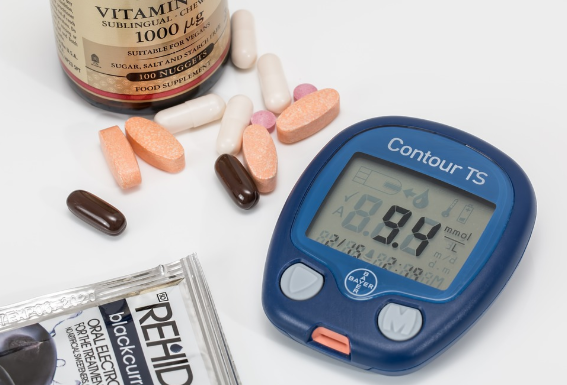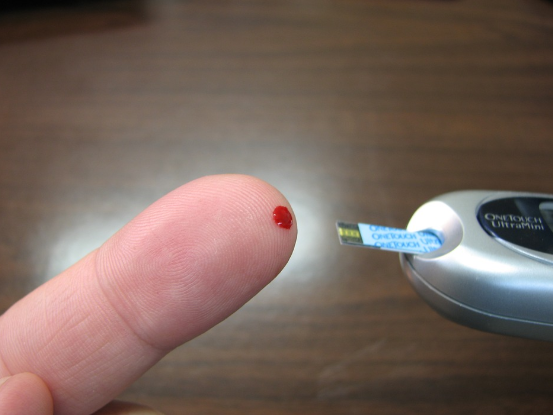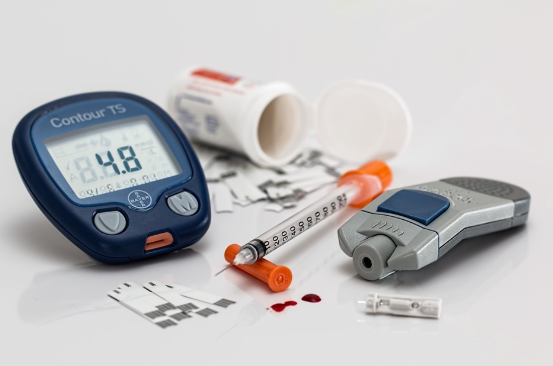
Hypoglycemia means that glucose in the blood is going down to sub-normal levels. Normal blood sugar is 70 ~ 150mg / dL, which is the source of energy to send blood sugar to each organ located in the upper body. When the body 's blood sugar is lowered, the amount of glucose decreases and it shows various symptoms.
Hypoglycemia is caused by insulin, or an oral hypoglycemic agent used to treat diabetes. Diabetes should be controlled by keeping the dosage and time of insulin, but hypoglycemia can occur when insulin is overdosed or improperly administered, and severe hypoglycemic shock can occur. Therefore, it is possible to apply the hypoglycaemic treatment by administering at the right time and situation.
In addition, the amount of food is reduced to the usual or increased the amount of exercise may be the cause of hypoglycemia, even after drinking alcohol can come to the symptoms of hypoglycemia.
How to check for hypoglycemia
Hypoglycemia and fasting hypoglycemia are tested by blood tests and blood glucose measurements. In addition, by examining the history and treatment of diabetes mellitus, hormone tests and chemical tests are conducted to determine the causes of hypoglycemia and hypoglycemic symptoms, and various measures are taken to prevent problems such as hypoglycemic shock do.
In order to distinguish between fasting hypoglycemia and hypoglycemia after a meal, the test is performed after fasting. Hypoglycemic shock can be caused by lowering of blood sugar. If you are unconscious, you should go to the emergency room immediately and get the glucose solution.
Types of Hypoglycemic Symptoms
Hypoglycemic symptoms can cause dizziness and fatigue because the amount of glucose supplied to the brain and nervous system is reduced. Hypoglycemic symptoms such as anxiety, increased pulse rate, and chest puckers also appear. In addition, the eclampsia sweating, hunger, and hypoglycemic symptoms of the abnormal sense may appear, because it works because of parasympathetic.
Hypoglycemia causes dizziness and other symptoms of hypoglycemia. If the condition does not improve, hypoglycemic shock can occur. If blood sugar falls below 20 mg / dL, seizures can occur and hypoglycemic symptoms can lead to loss of consciousness. When you get hypoglycemia, you need to eat sweet foods, so it is good to have chocolate or candy in your bag when you exercise or when you are in normal times.
![[Health] Hypoglycemic symptoms, dizziness, anxiety … ‘Understanding how to deal with hypoglycemia’ health hypoglycemic symptoms dizziness anxiety understanding how to deal with hypoglycemia](https://moontore.com/wp-content/uploads/2019/02/health-hypoglycemic-symptoms-dizziness-anxiety-understanding-how-to-deal-with-hypoglycemia-1200x700.jpg)


